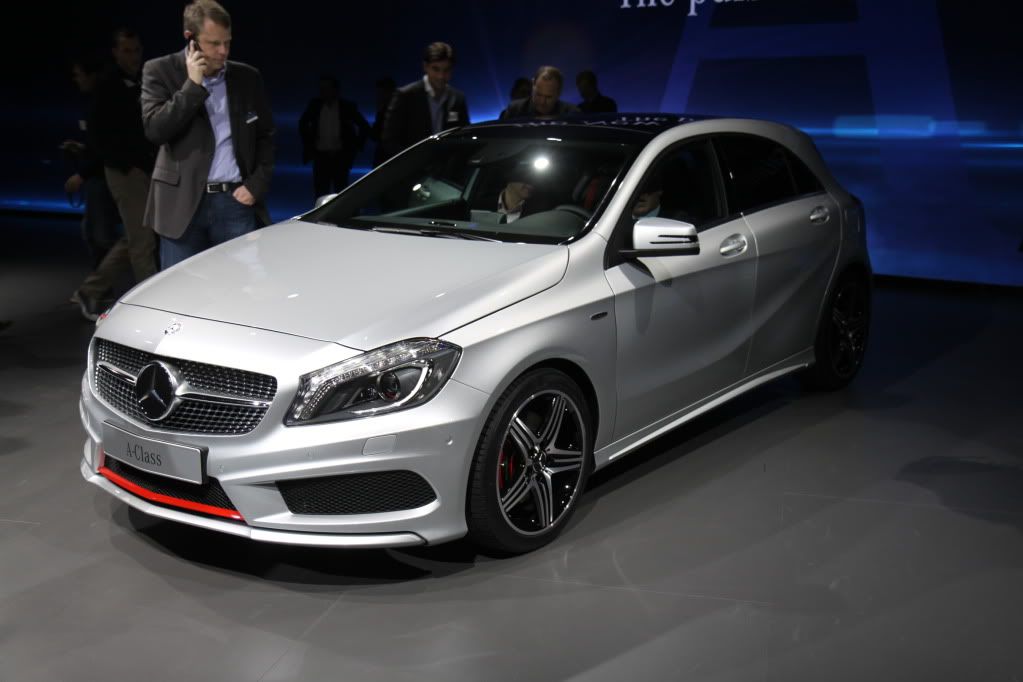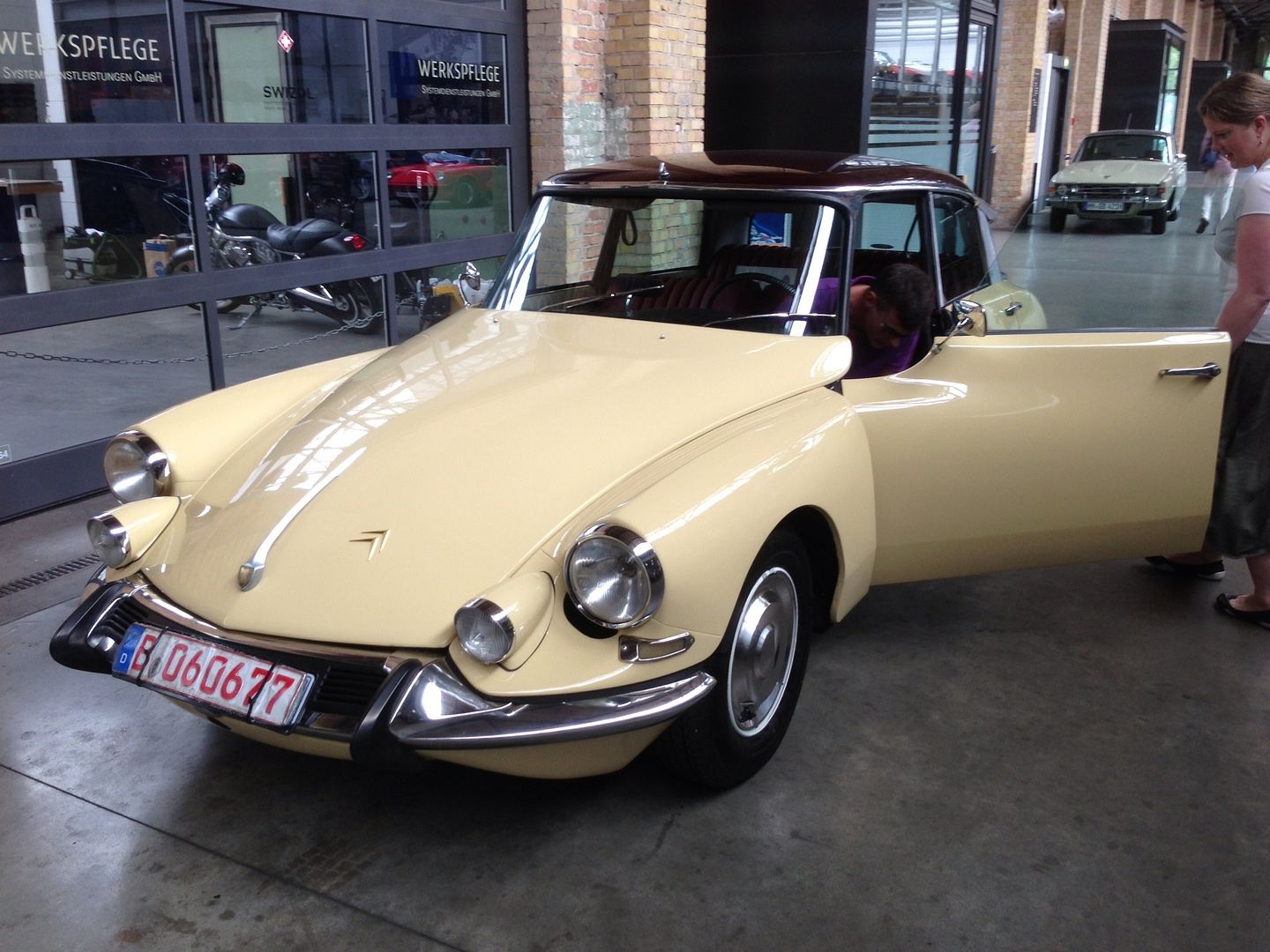Our Cars (dream or actual)
-
I don't get it though, why wouldn't you want a diesel vehicle. In Germany, you pay the equivalent of almost 6 American dollars for gasoline. I'm no genius, but that's fucking crazy, and almost double what we pay. My a3 gets 700 miles per tank. That's a lot more iron heart for me in the long run:)
All cars SHOULD be diesel, they are better motors, last longer, and diesel fuel is 15 percent more efficient than normal gasoline. These days the technology for Diesel engines is much better, better particulate filters and what not. They are much more efficient. They are also much more peppier these days, my A3 is fast, it's not 4 seconds lambo fast, but fast enough.
I'm telling you bro, go Diesel. You will love it when you pass gas stations
-
I drove a Tesla Model S P85 today. Believe the hype and reviews. It was a rocket ship. I will own one. Sorry bad iPhone picture:

-
The i8 is a hybrid. Range of 22 miles all electric and 310 miles in hybrid mode (both BMW claimed numbers). I like the styling but for $135,000 I would expect a lot more. Tesla Model S wins for me.
-
I reckon that the best compromise would be something like a 40 to 50 mile range on electric, with an efficient range extender for longer journeys. That should be sufficient for typical day-to-day needs, whilst giving it legs if you need to do 300 or 400 miles.
The BMW i3 makes an awful lot of sense from that perspective, even if Elon Musk laughs at it. It also looks pretty cool, and is a lot cheaper than a Model S.

If the battery boffins figure out how to get lithium sulphur to behave then you'd see energy densities for cells to double. That would allow a 170 kWh pack in a Model S, with a range of 500 to 600 miles. If it's capable of being recharged overnight (possible with a 20 kW twin charger), that would virtually eliminate the need for an IC engine.
My biggest gripe with the Model S is that it's so big and heavy. I much prefer the elegance of the VW XL1.

-
The trouble with charging batteries faster is the sheer amount of energy that needs to be transferred.
In the UK a household three pin socket is rated for 13 amps at 240 volts. That's about 3 kW, and you'd need 28 hours to fully charge an 85 kWh Tesla.
Going up to three phase power, I've seen sockets rated at 125 amps at 400 volts. That's around 85 kW, depending on load type, and so would take an hour to recharge the car fully.
For giggles, here's the calculation with diesel. The energy density of one litre is 9.7 kWh, and a typical pump can deliver this in 1.5 seconds. Electric motors are about three times as efficient as internal combustion engines (90% versus 30%), so you'd need about 255 kWh of energy, which is 26 litres of fuel, and would take about 40 seconds to transfer from a typical pump. That's the equivalent of a 23 MW line into the car. :o
(Diesel is a fantastic fuel, it's just a shame that there's a limited supply and has pollution issues.)
Lithium sulphur might lead to a two or four fold increase in energy densities (that could mean a Tesla Model S with a 500 to 600 mile range from a battery pack weighing 300 kg, rather than 600 kg), and IBM are working on lithium air batteries. There's an article on both of these at The Register. But they're going to take time to develop, and we're likely to see incremental advances in existing lithium ion tech in the meantime.
-
They have some innovations queued up to address charge time and overall efficiency that will supposedly be commercialized within 5 years. I read about a couple of these on sites like the MIT Technology Review. One of them was nano-scale holes put into a Li-Ion substrate, even if/when they move past that medium I bet this tech is transferrable.
http://www.kurzweilai.net/batteries-with-10x-more-capacity-and-that-charge-10x-faster




 tres chic
tres chic

